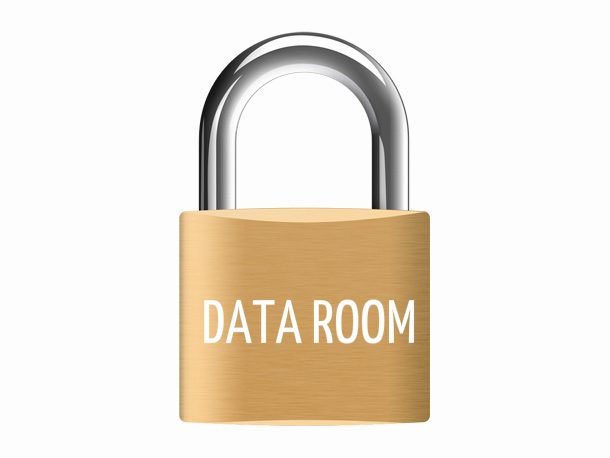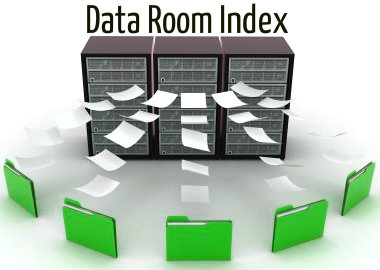
Data room 101
As part of every business sale process there will be a period of due diligence. During this period, potential buyers will want to make sure that they are really actually buying the business that they think they are! Part of this will mean that all your company documentation and processes will be looked over. All of this information goes into a data room. Before the days of software used to be a physical room with restricted access. Nowadays the same process is replicated, however, software has replaced the physical room. If your business is less than £1million, it’s likely to be done without any special data room software. However for companies which are larger, expect to use data room software.
Time to get cracking!
Instead of waiting to compile the contents of your data room when the buyer starts asking for information. I strongly recommend that you start as soon as possible. This will help make it less stressful as dealing with demanding questions could take its toll, especially if 10 questions are coming at you from 3 different buyers. You don’t need to spend vast amounts of money on the software, just use Dropbox or box.net to get going. Make sure its got a strong password and if storing the information on your laptop make sure that’s secure too.
Data room software explained
There are a number of companies that offer data room software solutions that include helping you set up your data room (for a fee) and helping you keep it up-to-date. Focusing on the software side of things, good data room software features must include:
- user login and access management – restrict who has access to what and for how long
- version control – so changes to documents can be tracked
- document restrictions – such as the ability to limit the document to be viewed online only and disable print options
- reporting – information and statistics on the documents as well as who’s accessed those documents
It can get quite expensive and I mean into the hundreds if not thousands of pounds as these data room companies use pricing models that can be per page upload and per page stored in the data room. We go into this in much more depth in our ‘Creating the Data Room Pack‘. That’s why its good to have a ‘test’ data room so you can see how many documents you are storing and can estimate the cost of having the data room for the duration of your business sale.
Understanding the data room structure
Having the right data room structure will help find supporting documentation quickly and keep you organised. Every component in the data room will have a numbering scheme – this applies to both folders and files so check out our top-level data room structure sample in our free document samples section. Filename conventions are also important especially if they are date related.
That was easy, what’s next?
Now that you’re all up to speed with the data room, its software, and have set up your data room structure. It’s time to collate all the information that goes into it. That’s where our Preparing for Due Diligence Checklist Pack comes in. The checklist makes sure that you store all your business’ documentation, in the right structure ready for those potential buyers. It’s tough work, but going through this process will help streamline your business as you’ll find quicker and better ways in extracting the information from the business for the data room.
It’s never too early to start – so time to get started!
Joanna Miller helps business owners navigate their way through the start to finish process of selling a business. Her specialty is helping owners understand how to prepare and make the most of their business sale process to maximise their company’s value. To understand how you can sell your business quickly for the highest sales price, purchase her book, “How To Sell A Business: The #1 guide to maximising your company value and achieving a quick business sale”


